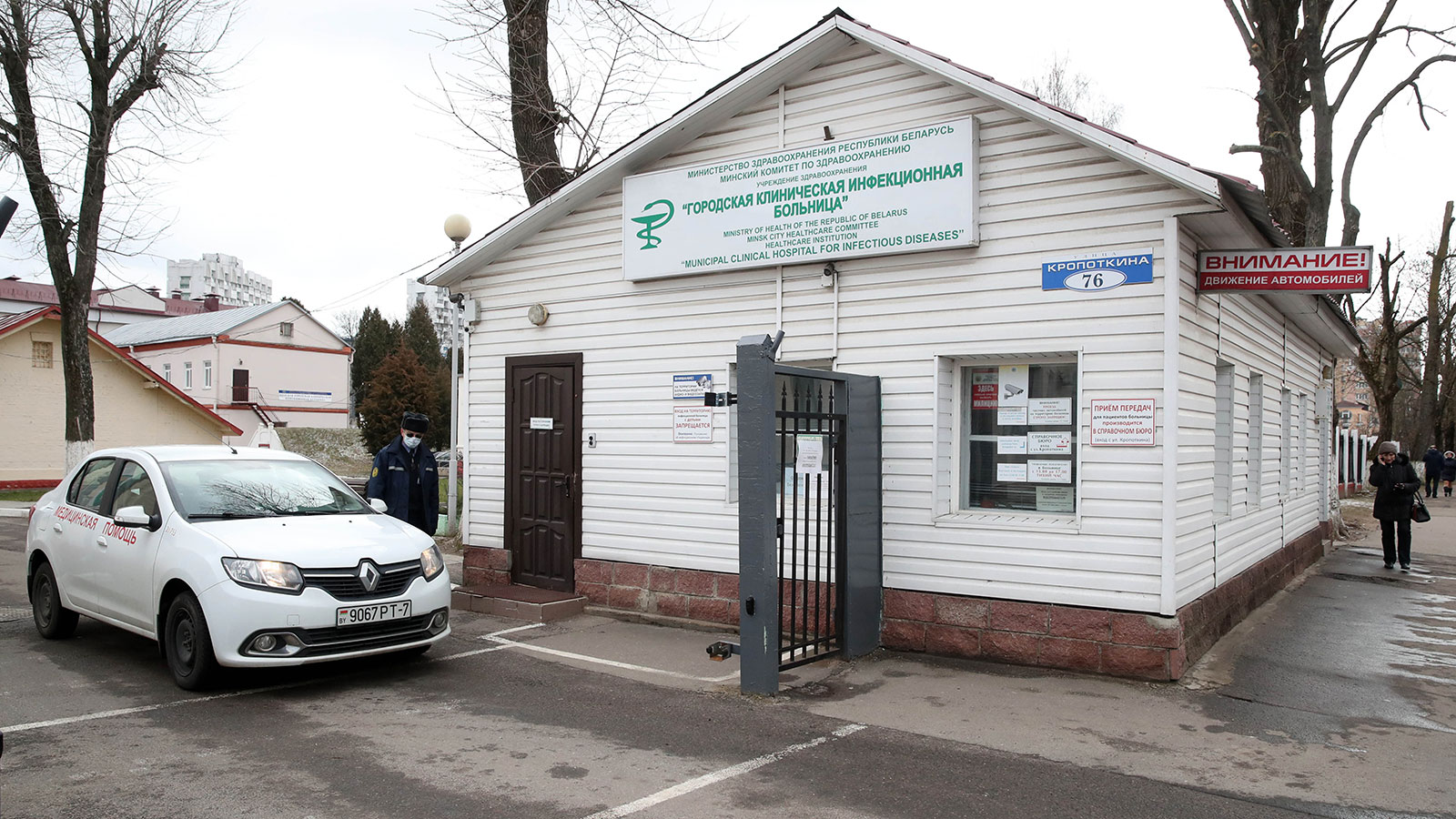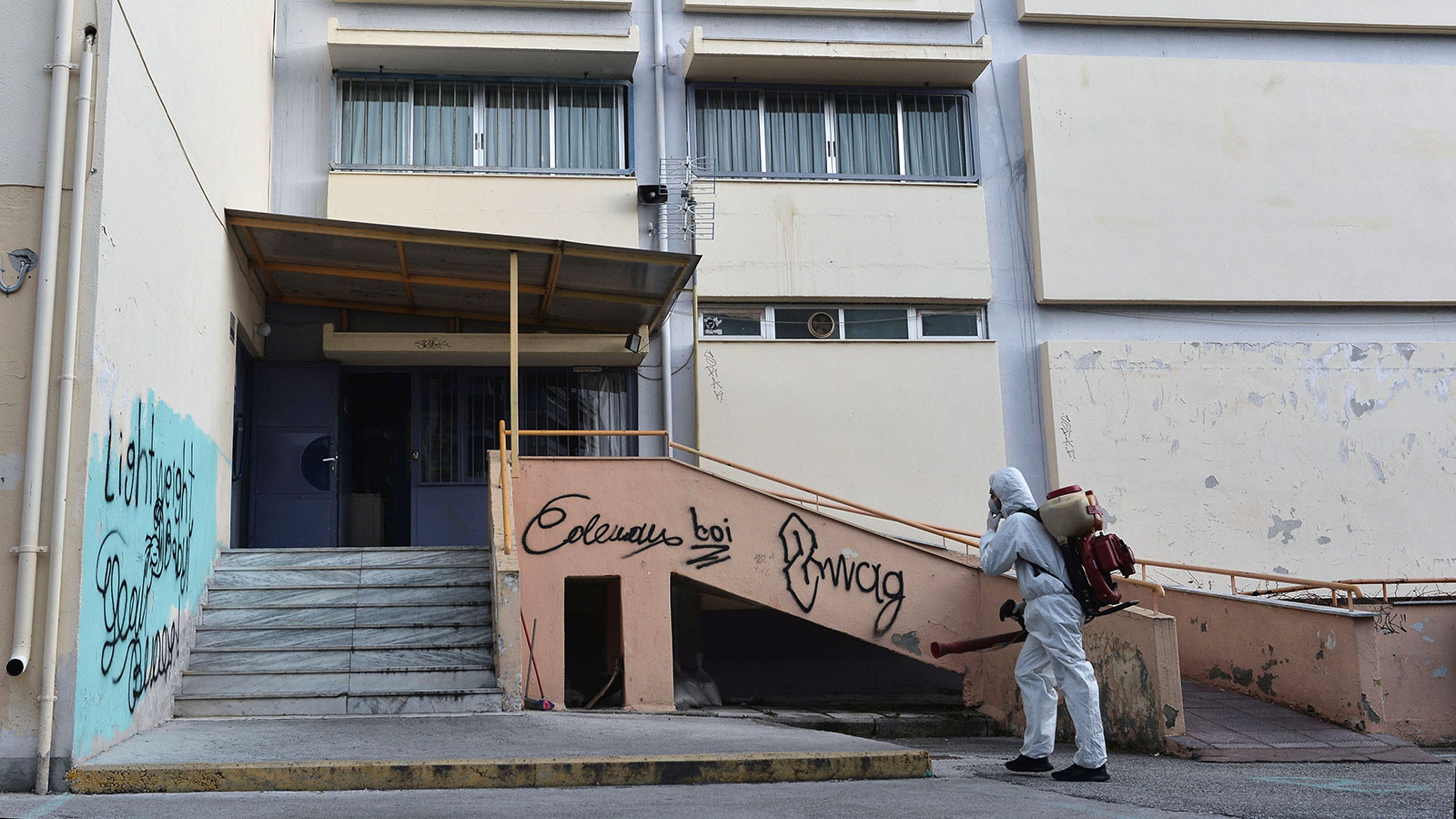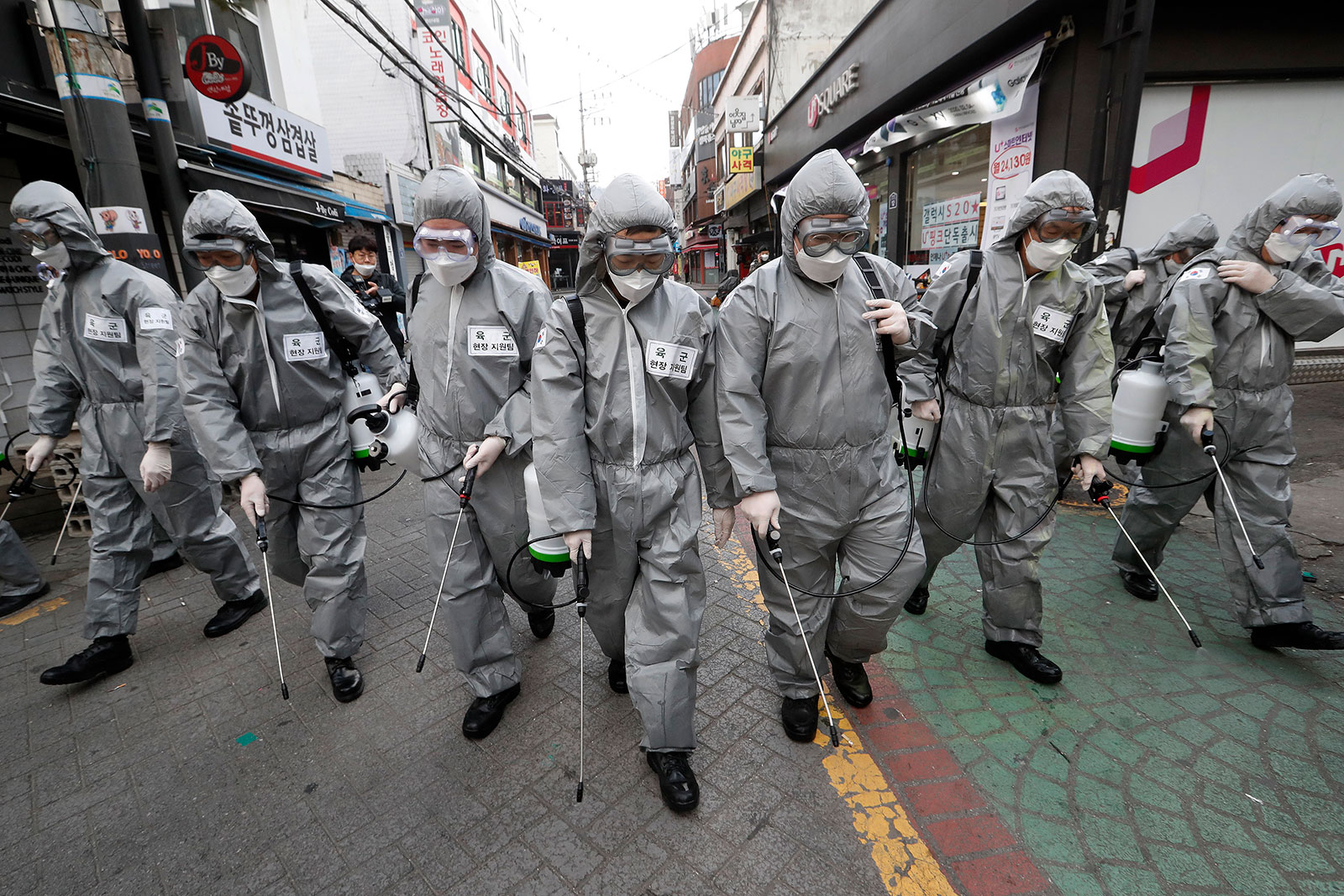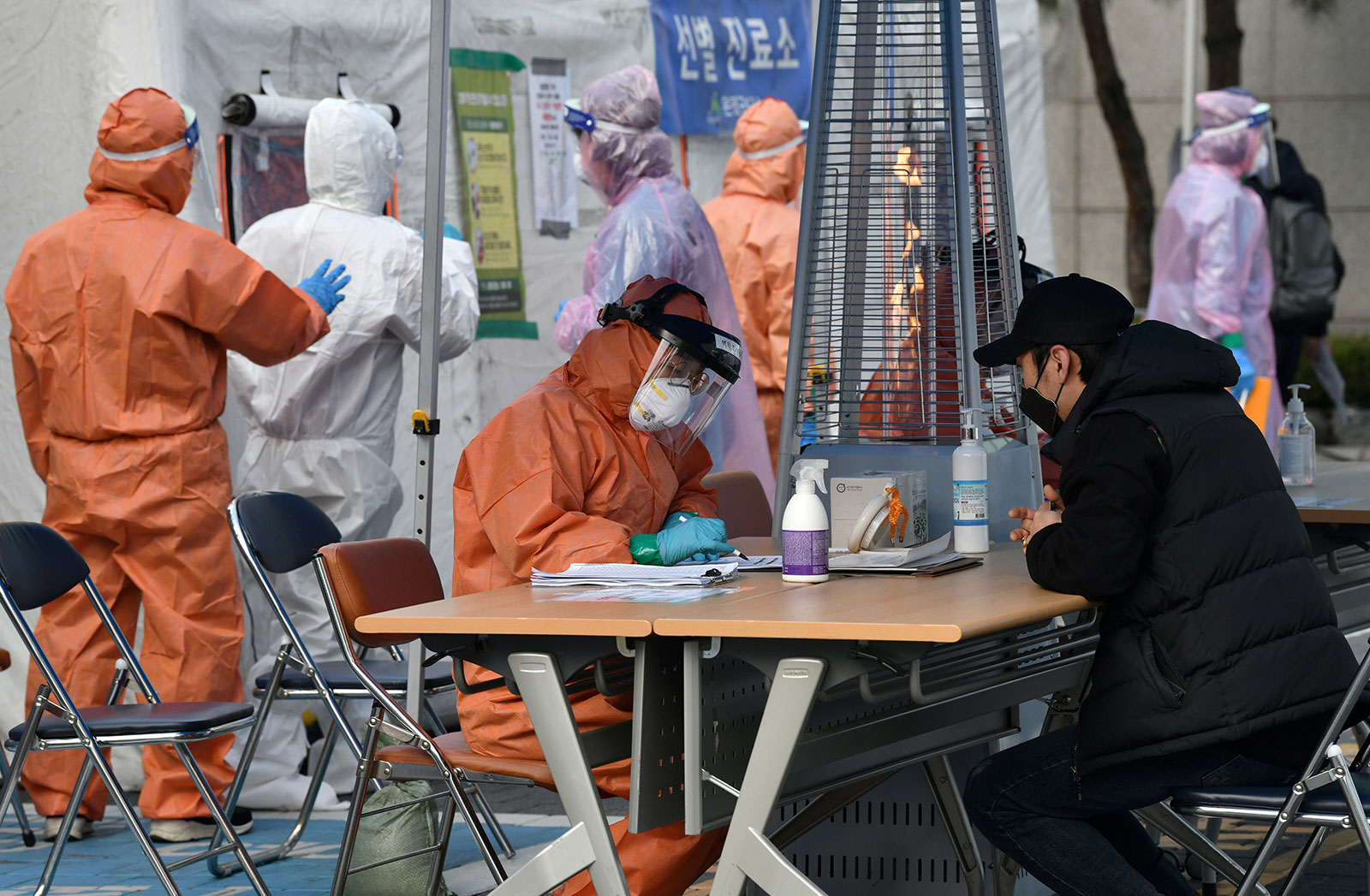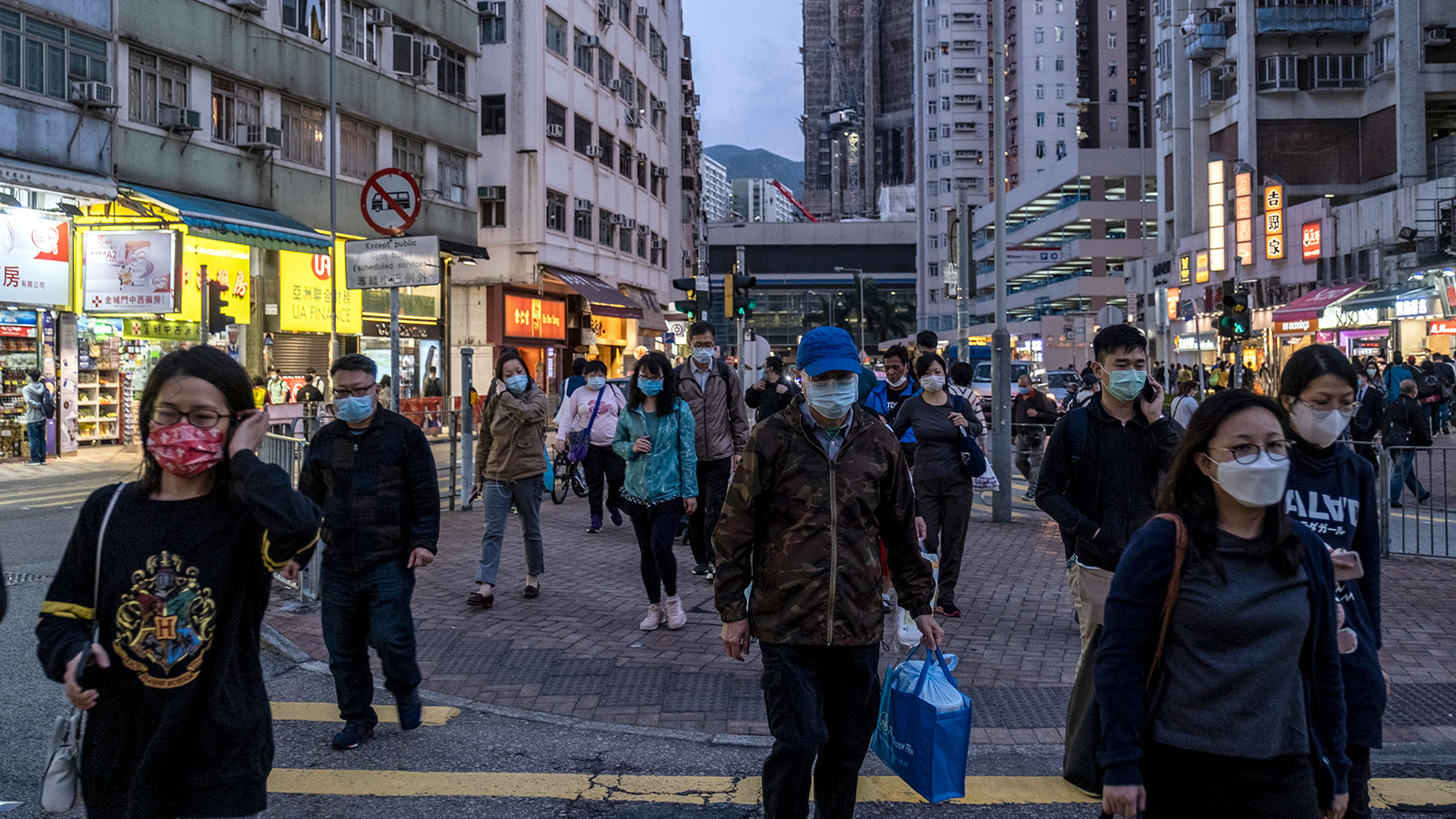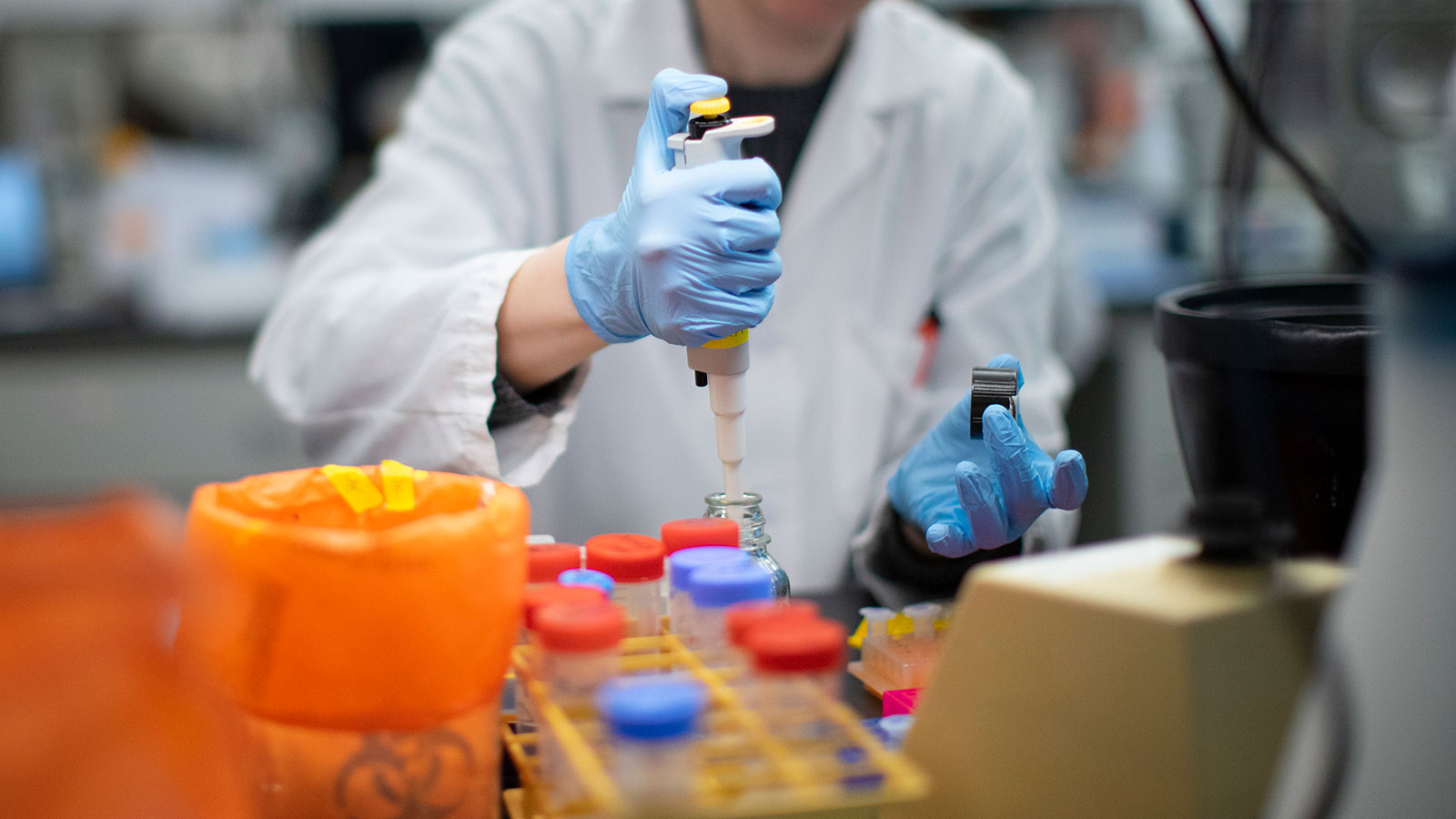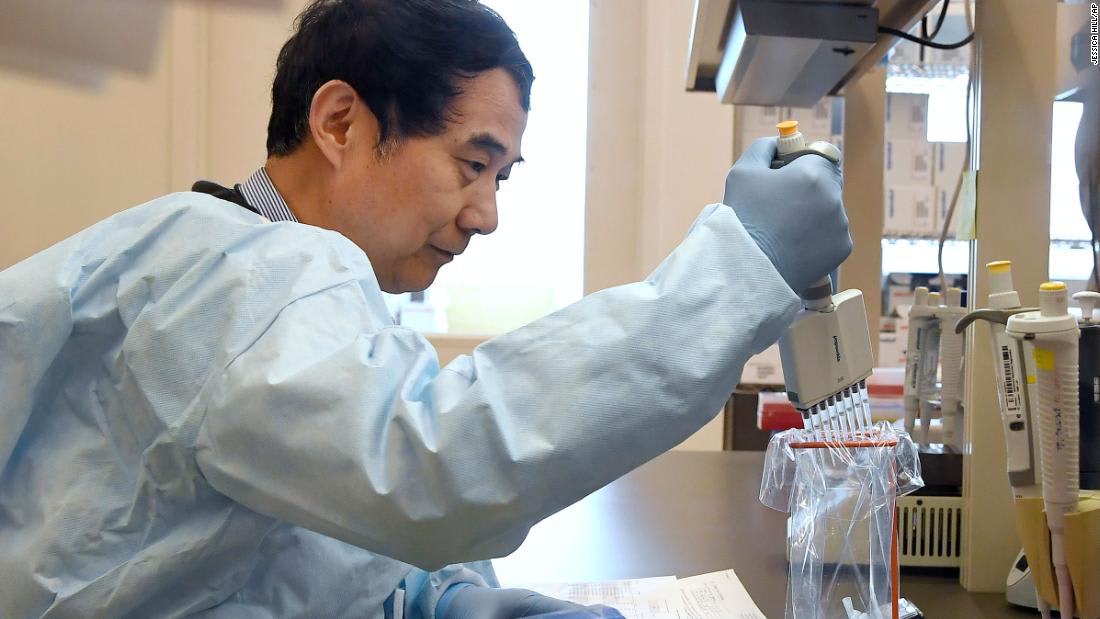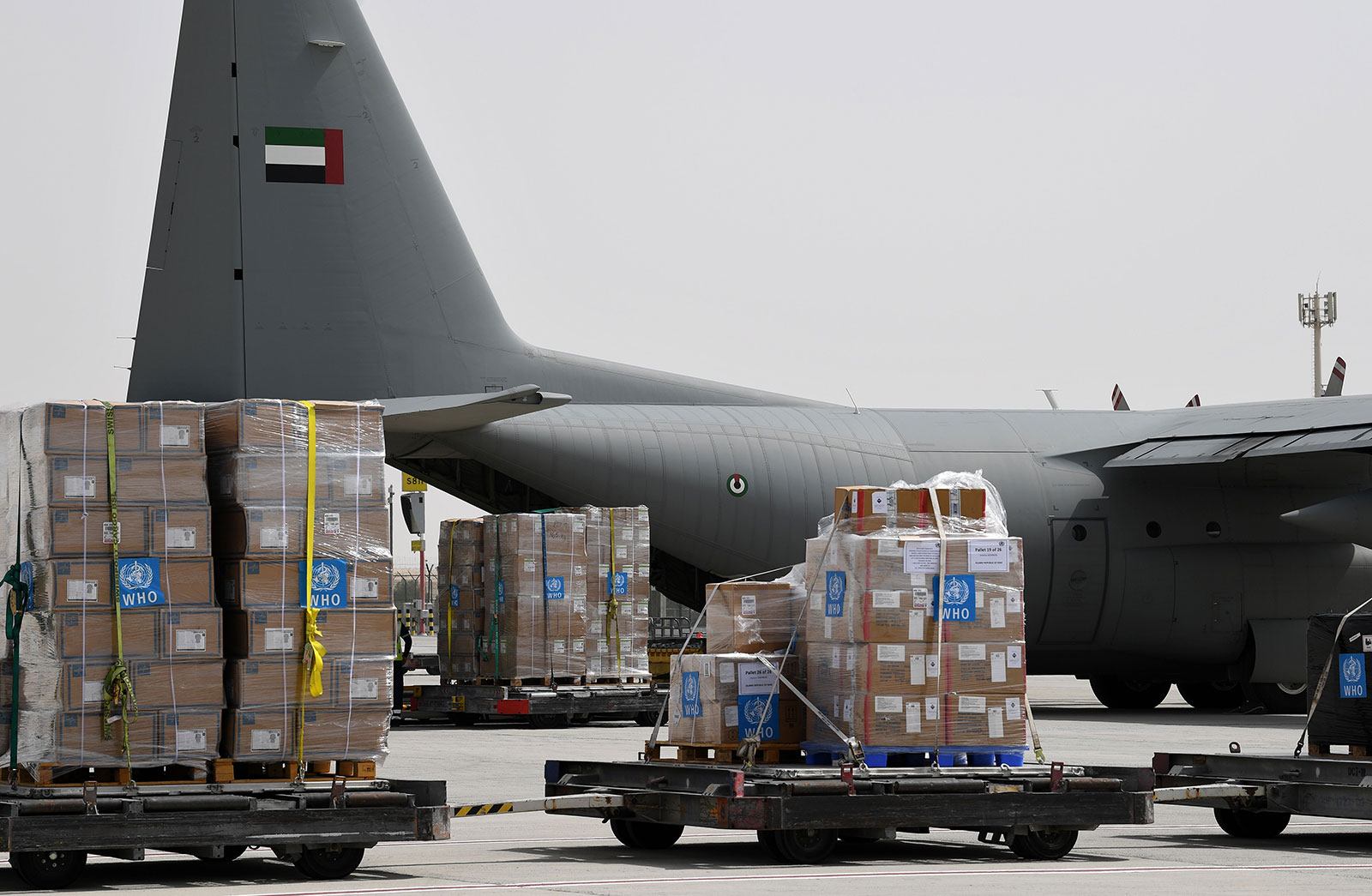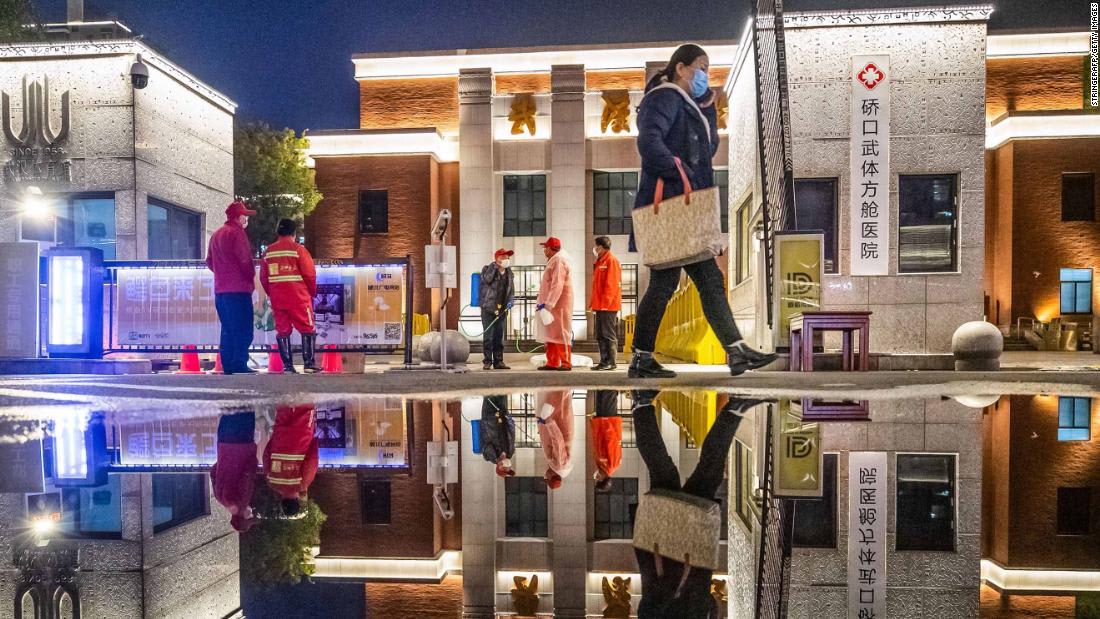South Korea has come up with a new way to make sure people self-quarantined at home stay put: a GPS-based app.
The app will monitor people who are quarantined -- and if they leave their designated location, the system will set off an alarm.
The application will be implemented later this week in Daegu and surrounding North Gyeongsang province, where about 90% of national infections have been reported, according to the government. There are an estimated 2,300 people currently under quarantine in Daegu alone.
“The government discussed about a more efficient way to monitor people in quarantine and developed an application,” Park Jong-hyun, a public relations official of the Central Disaster Relief Headquarters, said at a briefing on Wednesday.
South Korean authorities say several people have broken quarantine and left their homes.
Currently, more than 2,000 confirmed patients in Daegu and North Gyeongsang province are waiting for beds.
The South Korean government began categorizing confirmed cases so that patients with more serious health conditions can be hospitalized, while people with milder symptoms can be monitored from home or government designated facilities.
